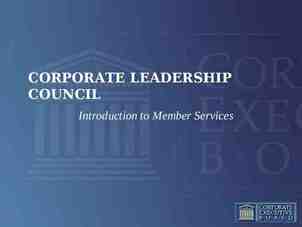Public and Private What are the Basic Differences?
10 Slides545.50 KB

Public and Private What are the Basic Differences?

Public/Private In this segment we look at the underlying differences between the two sectors that should be common to all developed democracies. So this is a common base before we start to look at differences specific to any national factors.

1. Simplified model of the Private Sector

2. Simplified model of the Public Sector

Differences Between the Public and Private Sectors The time horizon: Public sector horizon is shorter Duration of Service: Public managers have shorter lifespan Measurement of Performance Personnel Constraints: Rigidity in Public Sector Equity and Efficiency: Government’s concern with equity

(cont) Public process versus Private: Actions of government more open to scrutiny Press and the Media: Public sector "hounded" by the media? Persuasion and Direction: Public managers have to build consensus outside and inside

Cont. their departments; private sector more hierarchical Legislative oversight: Pervasive in the Public Sector The Bottom Line: What is it in the Public Sector?

Quote Quote "Public organizations tend to have goals that are difficult to quantify, meaning that it is difficult to measure outcomes. The purpose of a public organization is to provide something in a ‘good way,’ in a ‘proper way,’ or in an ‘efficient way.’ but what is meant by these objectives? There is simply no uniform currency available that may be used to evaluate the objectives. Whereas, there is such a goal (profit) and such a measure (money) in private organizations, there is nothing similar in public organizations.’ Jan-Erik Lane, in Kooiman and Eliassen’s Managing Public Organizations, p.51.

Another quote from same source. "The difference between private and public management is not that one type of orghanization pursues one, and the other several goals, but that there is a difficulty with the objectives of public organization, their lack of quantifiable measures—their qualitative nature. This makes it extremely diffficult to evaluate the benefits from the public provision of good and services other than simply referring to the costs of the activities. Leadership requires other sources of legitimation than a reference to the costs incurred, but how the demand for the public provision of goods and services to revealed in a rational way?"

Dean Allison’s Conclusions: While the need for increased government efficiency is real, the notion that there is any significant body of private management practices and skills that can be transferred directly to the public sector is wrong. While performance in public management can be improved substantially, an improvement will not come from massive borrowings of private sector skills and understandings. The effort to develop public management as a field of knowledge should start from the problems faced by practicing public managers.






